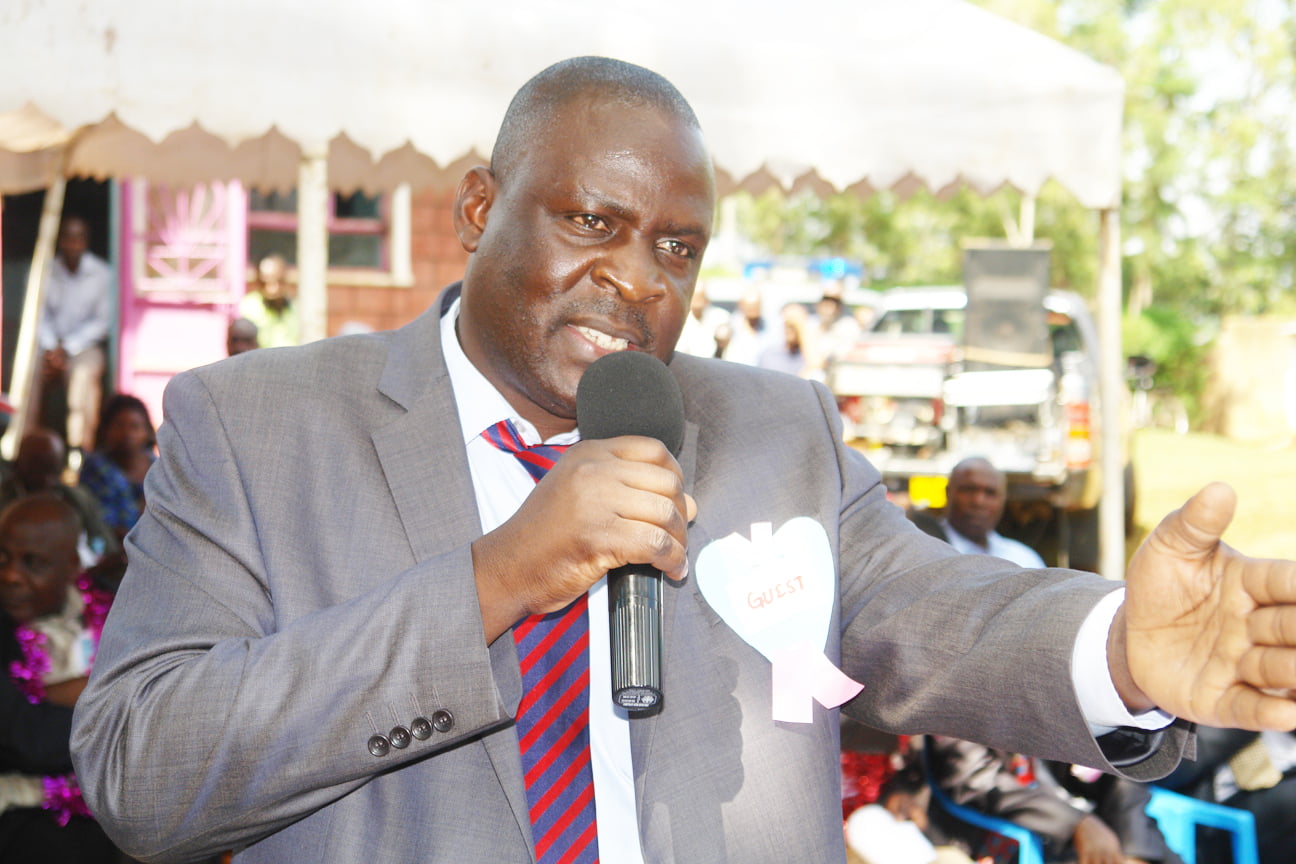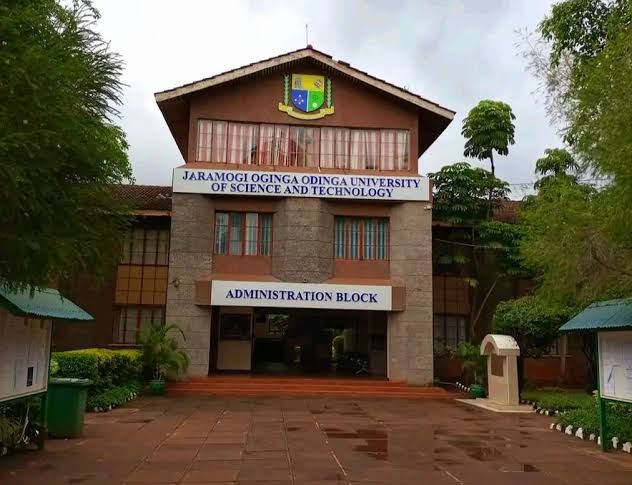They say, if you think education is expensive, try ignorance. Now, I think ignorance must be cheaper. We are now in the thick of university and college graduation season. November and December sparkle with the joy of gowns, caps, sashes and proud families. Campuses erupt with ululations as thousands receive their certificates, diplomas, degrees and the bold dreams they’ve carried for years. For a moment, the world feels wide open. Every graduate stands tall, believing the future owes them a chance simply because they worked hard for it.
We are now in the season of university and college graduations, a time when campuses across the country erupt with colour, laughter and relief. November and December carry a special kind of joy—the joy of completion, of surviving long nights of assignments, of beating deadlines, of conquering units that once felt impossible. Families travel from far and wide to witness a moment that took years to build. Gowns are rented, photos are taken, speeches are delivered, and names are called out one after another as thousands of young men and women receive the certificates, diplomas and degrees they fought so hard for. In these moments, the future looks wide and promising. Every graduate walks across that stage believing they have unlocked the door to opportunity simply by virtue of academic achievement.
For a few days, life feels like it has finally aligned. Parents’ hopes are renewed, relatives speak proudly of the newest graduate in the family, and social media glitters with posts celebrating academic milestones. There is a sweet sense of triumph, a belief that education has done its part. That moment is sacred, and it deserves to be. No one should downplay the beauty and pride of graduation day. It is a culmination of sacrifice from students, parents, guardians and communities that invested time, money and hope in a dream.
But as the dust settles and the celebrations fade, a different reality begins to dawn. The happiness, though sincere, slowly becomes shadowed by a truth many are unprepared for. There are no jobs—at least not in the form that graduates expect. The labour market has changed dramatically. Economies are shrinking, industries are restructuring, and automation continues to take over roles that once employed thousands. What used to be a guaranteed transition from classroom to office has become an unpredictable journey filled with dead ends, detours and disappointments.
The shock comes quietly at first. A few unanswered job applications. A couple of interviews that never call back. Weeks of hope stretching into months of silence. Then the weight of the new reality begins to settle. Graduates who once walked with confidence begin to question their worth, their courses, their institutions and even their dreams. The same certificate that was celebrated so loudly now feels painfully quiet. It does not open doors as easily as they were promised. It does not speak for them in the job market the way they believed it would.
The truth is that the economy no longer has the capacity to absorb the thousands of graduates released every year. The world has shifted to reward skills, creativity and experience more than academic titles. Employers want problem-solvers, innovators, communicators, digital natives and adaptable thinkers. The degree alone, however valuable, is no longer enough. It is a foundation, not a guarantee. A starting point, not a finish line. Many young people step into this truth only after the celebrations are over, and the disorientation can be overwhelming.
Yet this difficult reality does not mean the end of hope. It simply means the beginning of a new kind of preparation. Today’s graduates must understand that opportunity exists, but it rarely presents itself in traditional forms anymore. There are jobs, but they belong to those who can demonstrate skill, initiative and the ability to learn quickly. There are spaces to occupy, but they require confidence, resilience and creativity. The world is still open, but not to those who wait passively. It is open to those who create, who hustle, who explore unconventional paths, and who are willing to fail, learn and try again.
The idea that one must be employed to succeed is fading. Many of the most successful young people today are self-starters, freelancers, digital entrepreneurs, creators, artisans and innovators. They did not wait for someone to give them a chance—they created the chance. They learnt a skill online, volunteered to gain experience, built a portfolio, joined communities, networked intentionally, took risks, and embraced the discomfort of trial and error. They refused to let the job market define their worth or limit their possibilities.
READ ALSO:
https://educationnews.co.ke/healing-the-wounds-of-stagnation-why-tsc-must-finally-deliver-justice-to-teachers/
This is not to dismiss the struggles graduates face. Many come from backgrounds where the expectation of employment is not just personal—it is a family survival plan. Some families have sacrificed everything believing that once their son or daughter graduates, their suffering will end. When opportunities do not come immediately, the pressure on the young graduate becomes immense and emotionally draining. Society rarely acknowledges this silent burden. It celebrates the graduation but rarely discusses what happens after the gown is returned, after the applause fades, after the reality of adulthood kicks in.
The world today demands courage. The kind of courage that allows a graduate to step outside the comfort of academic identity and into the uncertainty of practical life. The kind of courage that embraces learning new skills, even those unrelated to one’s course. The kind of courage that takes small opportunities seriously, that says yes to growth and no to stagnation. The kind of courage that understands that a career is not a straight line, but a journey with bends, pauses and reinventions.
Graduation marks an end, but it also announces a beginning. A beginning that does not promise ease but invites determination. A beginning that requires humility to start small and strength to rise from failure. For every graduate stepping into this unpredictable world, the message is simple: do not despair. Your certificate is valuable, but your ability to adapt, think, create and persevere is even more valuable. The world may not offer jobs freely anymore, but it still rewards those who bring value, passion and resilience.
So celebrate your achievement with pride, but also prepare your heart and mind for the real journey ahead. The gown comes off, the photos are archived, the noise settles—but your story is far from over. In fact, it is only beginning.
By Ashford Kimani
Ashford teaches English and Literature in Gatundu North Sub-county and serves as Dean of Studies.
You can also follow our social media pages on Twitter: Education News KE and Facebook: Education News Newspaper for timely updates.
>>> Click here to stay up-to-date with trending regional stories
>>> Click here to read more informed opinions on the country’s education landscape
>>> Click here to stay ahead with the latest national news.






